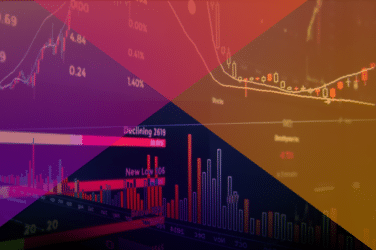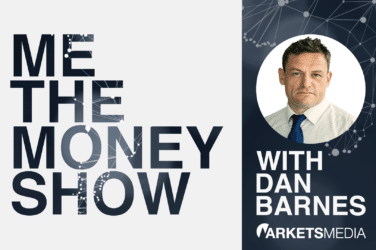Buy-side sponsored alternative trading system IEX wants its application to become a full-fledged public stock exchange approved, despite the debate raised by the venue’s ‘speed bump’ or whether or not its automated quotes should be considered protected.
“Our application complies with the rules as written and should be approved on its own merits,” IEX’s general counsel Sophia Lee wrote in an April 25 letter to the U.S. Securities and Exchange Commission.
IEX said that for other exchanges that wish to deploy a speed bump or introduce latency in order routing, they should be considered individually regardless of the actual delay times.
Last year, IEX submitted is application to become an exchange and as the comment process has unfolded, the way the venue uses a speed bump to delay an order to protect institutional traders from perceived predatory order flow has come under intense scrutiny. In its review of the IEX application, the SEC has focused on IEX’s proposed POP/coil structure speed bump mechanism and how it affects market quality and should it be considered an automated quotation under Regulation National Market Structure.
IEX’s POP and coil infrastructure is how traders and others would connect to the venue. By traveling through the POP/coil route, IEX Users sending non-routable orders to the venue would have a delay or latency of 350 microseconds, one-way.
Critics or those opposed to IEX becoming an exchange argue that this 350-millisecond delay caused by the POP/coil calls into question whether IEX’s quotations meet the definition of automated quotation, and therefore would be a protected quotation under Regulation NMS and Rule 611 in particular. This is a replay of the NYSE-Nasdaq slow-vs-fast market debate on the eve of Regulation NMS back around 2007 and led to NYSE’s eventual acquisition of Archipelago so that it could have a protected quote while bringing its floor-trading system up to speed.
Bearing this in mind, the SEC has been seeking comments on an updated interpretation of automated quotation to permit more flexibility for trading centers, such as IEX, with respect to automated quotations to allow them to develop innovative business models that do not undermine the goals of Rule 611 of Regulation NMS. Specifically, the Commission is proposing to interpret ‘immediate’ when determining whether a trading center maintains an ‘automated quotation’ for purposes of Rule 611 to include response time delays at trading centers that are de minimis, whether intentional or not.
IEX feels this new debate on de minimis is delaying the venue’s request to become a public exchange and the benefits it could bring to the equity marketplace.
Regardless, the SEC has proposed to permit orders be held or delayed in time measurements of under one millisecond or “de minimis.” The SEC has said that, “in the current market, delays of less than a millisecond in quotation response times may be at a de minimis level that would not impair a market participant’s ability to access a quote, consistent with the goals of Rule 611 and because such delays are within the geographic and technological latencies experienced by market participants today.”
This would be to the advantage of IEX and its routing delay. IEX pointed out that if its exchange application as a protected venue with a 350 microsecond speed bump was approved, high-speed traders and their ability to profit from latency arbitrage would be diminished on IEX, and investors would have the option of trading on an exchange that offers protection from it.
IEX argues that its speed bump will reduce latency arbitrage in two ways: by not allowing a high-speed trader from using information from IEX to potentially trade ahead of an IEX member on another market, and by helping prevent a high-speed trader from using information on another market to potentially ‘pick off’ a non-displayed order resting on IEX. Further, IEX said that its automated quotations qualify as protected quotes.
“The proposed interpretation [of de minimis] should be considered separately from IEX’s application to register as a national securities exchange, which should be promptly approved,” IEX’s Lee said. “Opposition to the IEX application is a clear attempt by interested parties to defend today’s predominant business model, which allows them to benefit by a single-minded prioritization of speed above other considerations, in particular investor protection and fair and orderly trading.”
The SEC reportedly is set to revisit the IEX exchange application June 21.






